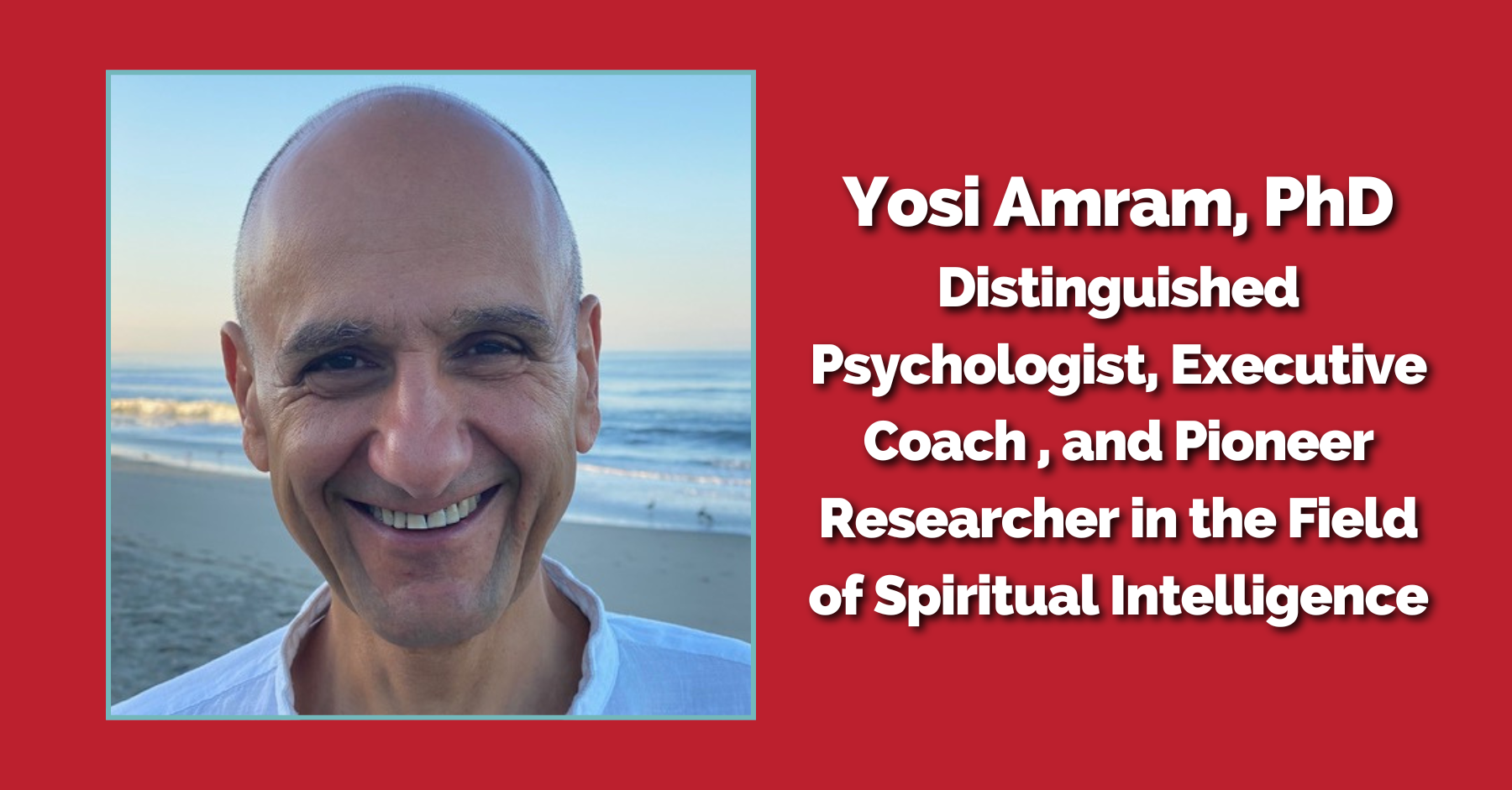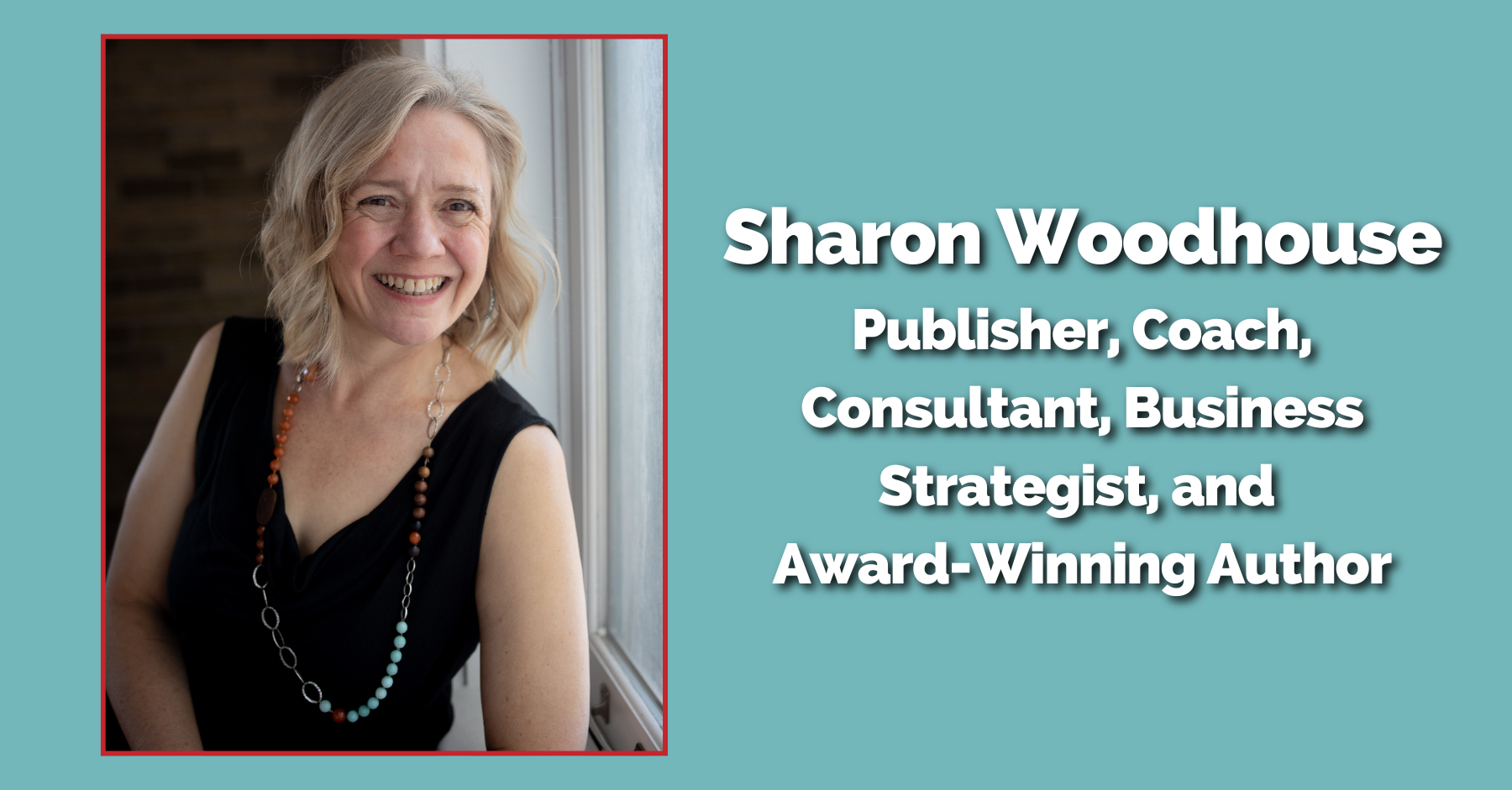Click here to listen on your device and subscribe!
Welcome to Season 2 of The Book Marketing Action Podcast with Becky Robinson, where we give you information that you can immediately implement to increase your influence and market your books more successfully. This month, we are focusing on the different choices that authors can make when they decide to publish a book.
About Kristen Frantz & Berrett-Koehler
Becky: I’m so happy today to be joined by Kristen Frantz. Kristen is the VP of Sales and Marketing at Berrett-Koehler publishers. For those of you who know me, well, you’ll know that over the past 8, 9, almost 10 years, my team and I have supported a number of Berrett-Koehler authors and marketing their books. Through all that, Kristen and I have become good friends and it’s always great to talk with you. Is there anything else you want to tell our listeners about Berrett-Koehler publishers or about your role before we dive into today’s topic?
Kristen: Hi, Becky. It’s really an honor and pleasure to be here. So Berrett-Koehler publisher is an independent publisher based in Oakland, California. We’ve been in business for 29 years and we’re a for-profit publisher. But we’re a mission-based publisher and our mission is to connect people and ideas to create a world that works for all, and the topic areas we focus on in that mission are business, self-help, and current affairs. We’ve also expanded our publishing into a professional line of books around project management, and other types of need to know professional topics.
Becky: Wonderful. Well, thank you for sharing that with us. I know that some of my favorite books over the years have been BK titles. And in case you’re curious about some of the big-name authors that Berrett-Koehler publishes, some of your bestsellers over the years have come from The Arbinger Institute, if people have read The Anatomy of Peace. You also published Brian Tracy, are there any other notable authors we should give a shout out to?
Kristen: One of our big up and coming authors right now is Sonya Renee Taylor, who has a book called The Body is Not an Apology, which we’re doing a new edition of, coming out in February, and an accompanying workbook. We’ve also published authors like Peter Block around his book, Stewardship. Margaret Wheatley, we published her very influential book, Leadership and the New Science, which was one of our first publications. Those are some of our other top authors.
Why traditional publishing?
Becky: So Kristen, let’s talk about some of the reasons why people choose traditional publishing.
Kristen: Yeah, definitely.
- I think one of the number one reasons is expertise. You want to go with a traditional publisher because traditional publishers have professionals that have been doing this kind of work for decades. We’re really experts in the editing process, experts in design, production, and marketing. So that’s probably one of the big reasons.
- Another one is cash flow. If you were to self publish your work with a hybrid publisher, you’re the one that has to come up with the cash to get the book produced, edited, and all the different things. Where when you’re working with a traditional publisher, you’ll often, as an author, get an advance, which is basically an advance against royalties you would earn when the book is selling. So that can be something that’s really important for an author.
- I think another thing is credibility. Being published by a publisher, it‘s kind of a stamp of approval, it gives a lot of authors credibility. We hear that from a lot of authors that they want to be published by us because it gives their thought leadership credibility in the marketplace.
- Then another thing is community. Being part of a community of authors, and as I said, Berrett-Koehler is really a mission-based publisher, around connecting people and ideas to create a world that works for all. We’ve really built a community around our company, and when Steve Piersanti, the founder of the company, left Jossey-Bass publishers, he really set up Berrett-Koehler to be a company that’s stakeholder focused. He really wants to honor all the stakeholders of the community as part of the process. We see Weaving Influence is one of our key stakeholders in the publishing process. So another thing that is a bit unique about Berrett-Koehler is that we do have a community of our authors, there’s a separate nonprofit benefit corporation called BK Authors and there’s also a foundation called BK Foundation.
Becky: That’s been a huge part of my journey and I’ve so appreciated being a part of the Berrett-Koehler community of authors, and also part of the stakeholders, as you said, so I appreciate that so much.
Benefits of traditional publishing
Becky: Let’s talk for a moment Kristen, about some other benefits of traditional publishing. I know that when I talk to authors, and they’re trying to weigh their publishing choices, there are a number of benefits that I always point to, so I’ll be curious to see if you have some similar thoughts.
Kristen: Yeah, definitely. I’m going to kind of walk through the publishing process. I think first, starting off, is editorial expertise. I was saying that we bring expertise to the table, but we have editors on our staff that have spent decades editing books, particularly in our area of expertise. What they really do is help the author figure out what is their big idea for the book and how to communicate it. So you have this active thinking partner, who’s going to help you do that.
Also at Berrett-Koehler and other publishers, we have a review process. So we don’t just take the final manuscript and then publish it, we get the draft manuscript, we send it out to several people that we identify as the target audience for the book, and get their feedback in writing, what we call a review, and then we give that feedback to the author. Then the editor kind of talks the author through what direction to go, and how to use that editorial feedback. I think that’s more important than ever because we’re all kind of grappling with different cultural issues these days. And by being able to have members of the target audience read the book, and make sure the content is really appropriate for that audience, has been a big thing for us. So that’s been kind of a big benefit.
Another is production expertise, in that we have experts on how to create a cover design that’s compelling and really gonna appeal to your target audience. Doing a book cover design is a really specific design capability, you need to make sure the type is legible, you need to make sure the cover is going to be readable online these days. So those are some of the areas of expertise that the publisher brings to the table, and then also the interior design. It makes a big difference in how the design is done, so it’s easy to read, and we do it in house.
On the sales and marketing side, I would say a big thing the traditional publisher brings is the distribution of the book. Traditional publishers have major set up systems and processes to promote books and to sell them. They have an entire worldwide sales force, that is going to make it possible for your book to be distributed around the world, in all these different places. Even though Amazon is such a big seller of books these days, there are a lot of opportunities through special markets, through corporate sales, through associations, through international sales. So that’s one big thing.
Another is that a lot of publishers really take a multi-channel marketing approach and that’s a big part of Berrett-Koehler strategy. In a lot of ways, publishers don’t know exactly how a book is going to sell because every book is so unique. So it’s not like we can plug in and say, oh, we’re gonna sell the book this way and this is what’s going to happen. We take this multi channel marketing approach to really give the book as many opportunities to be successful as it can. One big distinguisher is through right sales, we have a really strong rights team. And what that means is selling different types of subsidiary rights, the biggest part is translation rights to foreign publishers. And we’ve had books that, you know, they do okay in the US market, but then all of a sudden it goes crazy in China, and a book has sold 80,000 copies in China. Those are the kinds of opportunities that can happen through a publisher, just by getting the book out there in many different ways, to see what’s possible.
Becky: Well, and to be honest, Kristen, that is the part that is the most compelling to me as an aspiring author. And when I’m talking to our authors, and if they’re weighing publishing choices, if an author wants to expand their message as far and as wide as possible through that international or in bookstore distribution, at this point in time, the only way to do that is by partnering with a traditional publisher who has expertise and service in that area.
Misconceptions about traditional publishing
Becky: So Kristen, what are some misconceptions that authors might have or aspiring authors might have about traditional publishing?
Kristen:
- They don’t need to be part of the sales and marketing process. I think one of the biggest misconceptions is that if an author gets a contract with a traditional publisher that they don’t need to be part of the sales and marketing process. They think that once they write the book, their job is done, and that’s definitely not true. These days, it’s so competitive to get attention on books, and to sell books, it’s more important than ever that the author really builds a community around the ideas in their book, and is out there actively engaging with that community and selling it.
- They’re going to instantly become famous. Another misconception is that we’ll have authors think that they’re gonna instantly become famous, and be a bestseller. They see people on the New York Times bestseller list, and think that just because they’re doing a book that suddenly they’ll become famous too. We actually have a saying at Berrett-Koehler that movements create books, books don’t create movements. You really have to create a community around your book and then the book is content that the community wants, and they’ve probably been receiving it in other formats, like blogs, your speaking, other writing you’re doing, and the book format is just one of the other formats.
- They’re going to make a lot of money on the book. One other one is I think some authors think they’re going to make a lot of money on the book, and that’s really only true if you sell a lot of books. The typical, traditionally published book, you’re going to make $1 or $2 on every book sold. What you’re really going to do is make more money on other types of activities that the book helps bring about, or reinforces, like speaking, consulting, or other types of writing you’re doing. Those are just a few of the misconceptions.
Becky: I hope that you’re listening listeners. These are definitely things that I’ve talked with our authors about, so I appreciate you reinforcing them. I wouldn’t have a job if it wasn’t the author’s job to do most of the sales and marketing of their books.
How you can set yourself up for success with a traditional publisher
Becky: Kristen, if an aspiring author has a goal to secure a traditional publisher, how can they prepare and set themselves up for success?
Kristen: I think the number one thing is thinking about what your goals are for writing the book. Because, as I said, the book isn’t necessarily going to make you famous, or create a community for you. It’s going to give you credibility, and some of the other things I talked about, but just being really clear about what your goals are for the book, and then, really focus on building your community first. It doesn’t have to be a huge community, it just has to be a really targeted, engaged community. I’ve had authors that have an email list of just 3,000 contacts, but they’re really close contacts, and they respond when the author emails them. That’s so much better than having a list of 15,000, not permission-based, of just people you’ve met, that you put on your list, and they’re not really engaged with what you’re doing. The number one thing is, you really have to build your community, build your platform, and be engaged with it. A traditional publisher these days will not sign a contract with an author without a very detailed marketing plan of exactly how are you going to market and sell the book, demonstrating that you really do have a community and platform.
Becky: That’s so helpful.
What successful authors do to market their book
Becky: One last question, Kristen, I’m wondering if you’d be willing to share what you see your most successful authors doing to market their books?
Kristen:
- These days having a strong online presence is very important and one of the reasons we’re always happy when our authors work with Weaving Influence. Having a website that’s really clear on your brand and is effectively helping promote the book, having a significant email list that you regularly communicate with, and social media that really extends that brand, is all extremely important. I find that authors that really communicate their brand consistently through social media, reinforce the messages of what their company’s doing, and integrating the book into that, it’s very effective.
- Speaking is a huge part of selling nonfiction books, like we publish, and these days being really effective at virtual speaking, is really critical. Speaking is one of the number one ways our authors are really successful. I’ve seen a number of our authors starting their own podcasts, and really having a significant following. I think that’s becoming a more and more effective way to engage your own community, rather than just doing regular blogging.
- I also think having an attitude of generosity. Those authors that have really gone out of their way, in particular, there’s been a number of authors right at the start of the pandemic, they just started going the extra mile of being generous with their community by doing free webinars about how to do virtual training and creating opportunities for communities to connect. I remember Becky, you were doing your daily webinar connection. That was a great example of engaging with your community. So I would say those are some of the top things that I see our most successful authors doing.
Becky: I hope you’re taking notes and if not, we’re going to have some detailed ideas for you in the show notes along with ways to connect with folks like Kristen at Berrett-Koehler publishers
Action Steps
Becky: I’d love to wrap up today’s episode, the way I wrap up every episode, which is giving you some actionable steps that you can take to grow your influence and market your books.
- The first one is to think about your community and how you can contribute generously to your community. Kristen mentioned that the most important thing an aspiring author can do to set themselves up for success to secure a traditional publisher is to work on growing a community of people who are ready and willing to buy your book. So take some time today to think about who your community is and what you can do to cultivate those relationships.
- Think about the content that you plan to write in your book and how you can begin to share it now in different ways. Kristen mentioned that quite often, people will buy a book because they’ve already been receiving value from the author, whether that’s through a podcast or blogs or some other means. If you are planning to write a book, I would encourage you to really think about how you can begin to share the value that will be contained in your book before the book even comes out.
Those are two action steps that you could take today, based on my conversation with Kristen.
Resources
- Learn more about Berrett-Koehler Publishers here.
- Click here for Proposal Guidelines for Berrett-Koehler Publishers.
- Explore Berrett-Koehler’s author resources.
- Subscribe to Berrett-Koehler’s blog here.
If you found value in today’s episode, we hope you’ll take a moment to share it with someone else who might benefit from it. If you have any questions or topics you’d like us to cover, please email Becky Robinson here.




